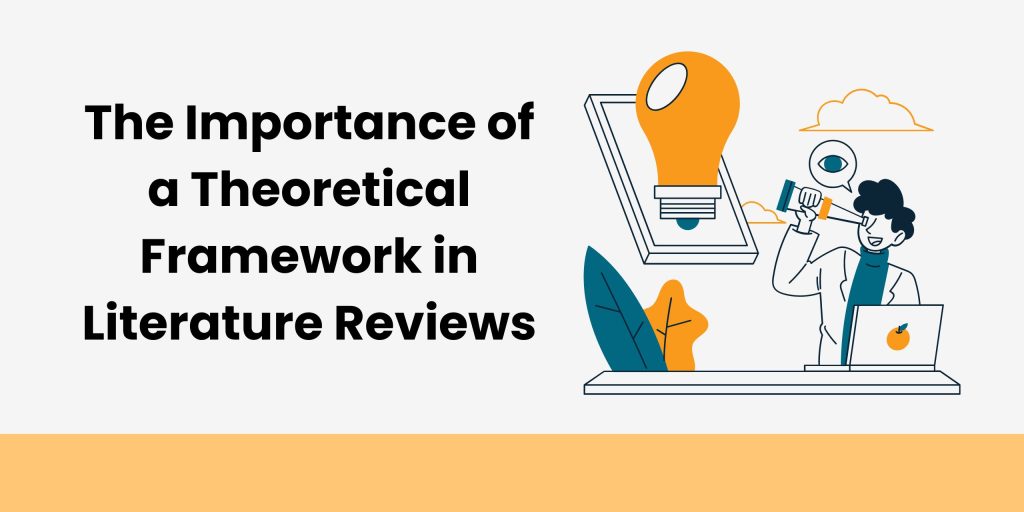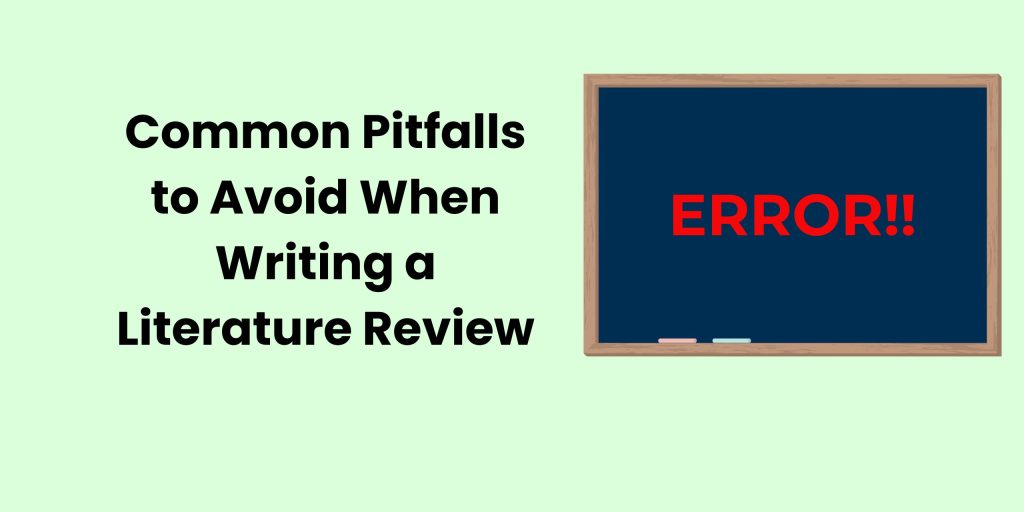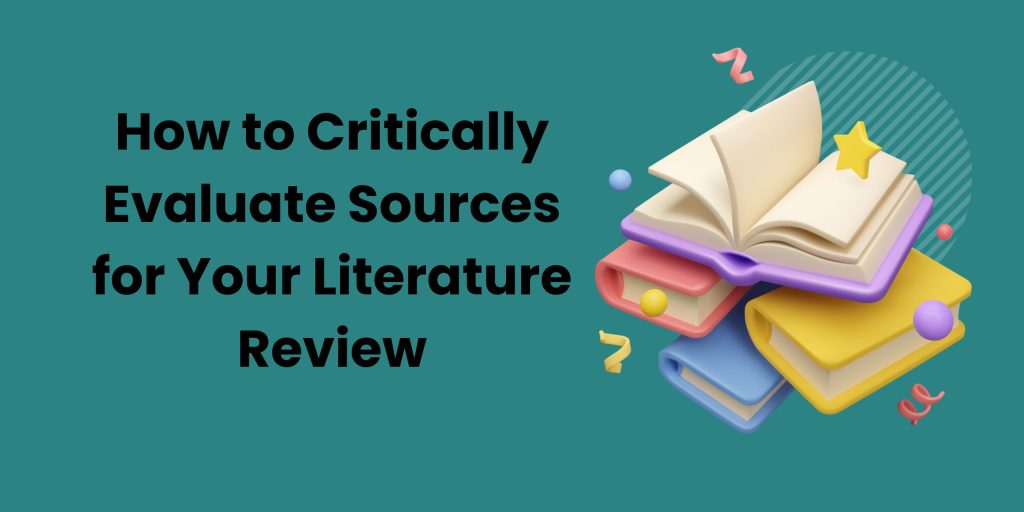Turning Your Literature Review into a Compelling Narrative
A literature review is not just a summary of existing research; it’s an opportunity to tell a story about the state of knowledge in your field. By weaving together diverse sources, identifying key themes, and highlighting gaps in the literature, you can transform your literature review into a compelling narrative that engages readers and contributes […]
Turning Your Literature Review into a Compelling Narrative Read More »









